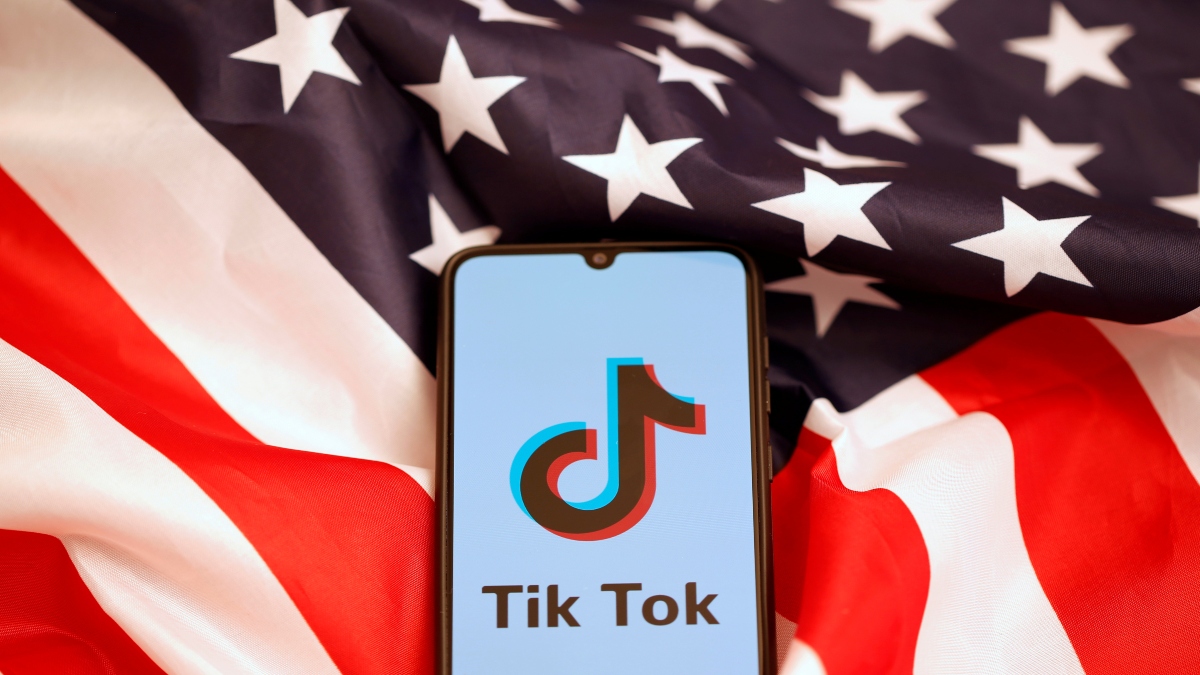The extension is the fourth delay after January, April and June as the administration navigates the complex legal and national security implications surrounding TikTok’s operations in the United States
US President Donald Trump has signed an executive order to extend a delay on banning TikTok for another 3 months, despite announcing a deal with the video-sharing platform. This is the fourth such postponement of a law designed to force the app’s sale from its Chinese owner.
The extension is the fourth delay after January, April and June as the administration navigates the complex legal and national security implications surrounding TikTok’s operations in the United States.
The latest delay was set to expire on Wednesday, setting in motion a law signed by former president Joe Biden that would have forced the closure of TikTok in the United States because of its Chinese ownership.
The legislation was designed to address national security concerns over TikTok’s Chinese parent company, ByteDance and its potential ties to the Chinese government.
Trump on Tuesday announced that he has reached a deal with China about the sale of TikTok.
“We have a deal on TikTok. I’ve reached a deal with China. I’m going to speak to President Xi on Friday to confirm everything up,” Trump told reporters.
While he refused to name the buyer, Trump said that “a group of very big companies” want to buy TikTok.
Trump’s announcement came a day after Treasury Secretary Scott Bessent said that a “framework agreement” has been reached with China regarding TikTok. Separately, Trump also teased the deal on Monday. In an apparent reference to TikTok in a Truth Social post, he said that “a deal was also reached on a ‘certain’ company that young people in our country very much wanted to save”.
China also confirmed what both sides on Monday called the “framework” of a deal that would be finalized in the phone call between the two leaders.
The app has faced scrutiny from US officials who worry about data collection and content manipulation. TikTok has repeatedly denied sharing user data with Chinese authorities and has challenged various restrictions in federal court.
With inputs from agencies
End of Article

)

